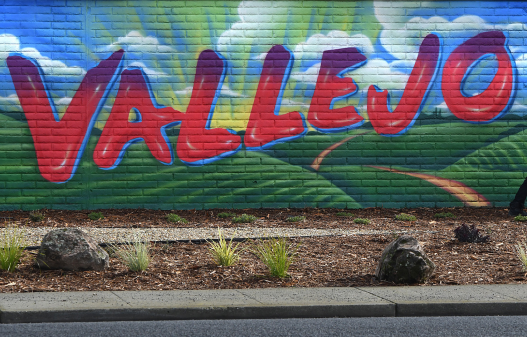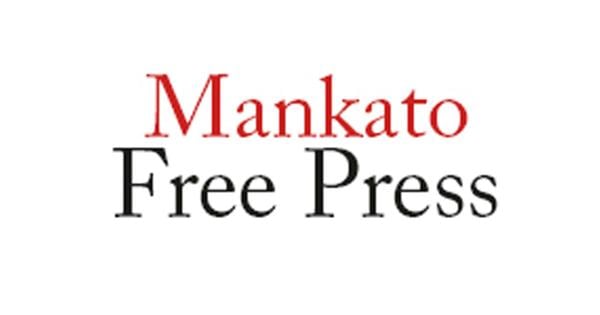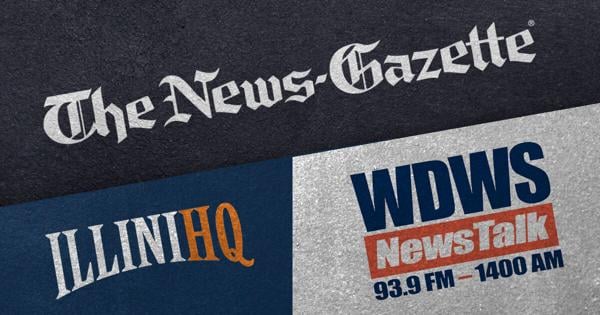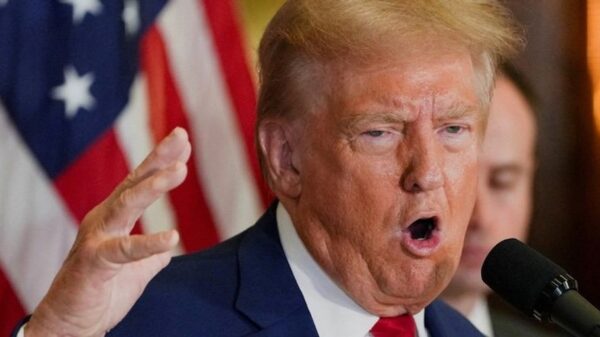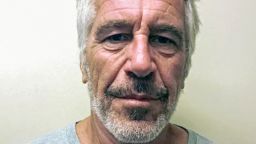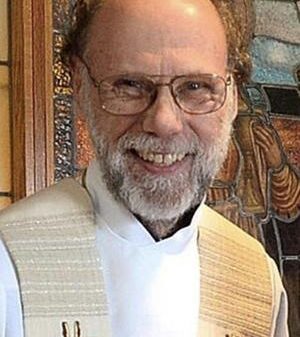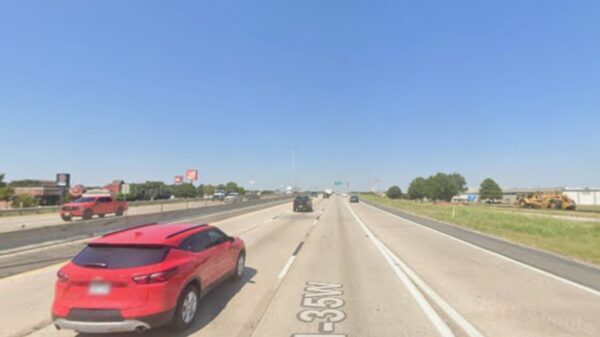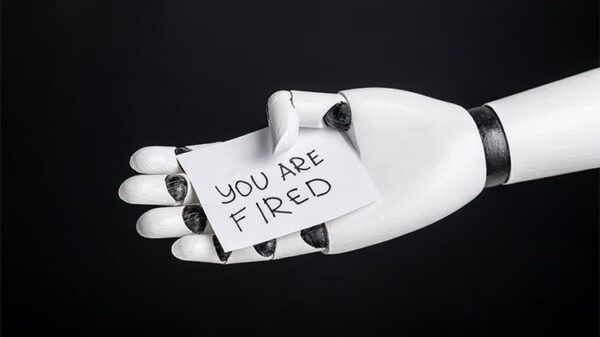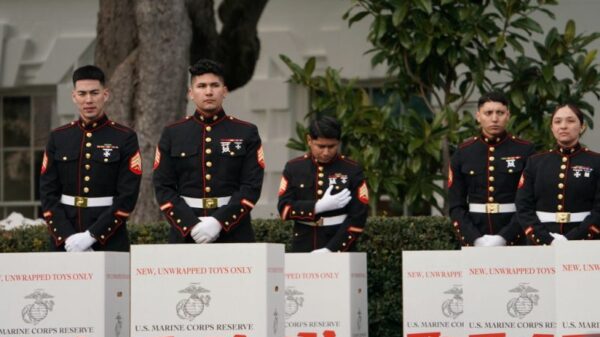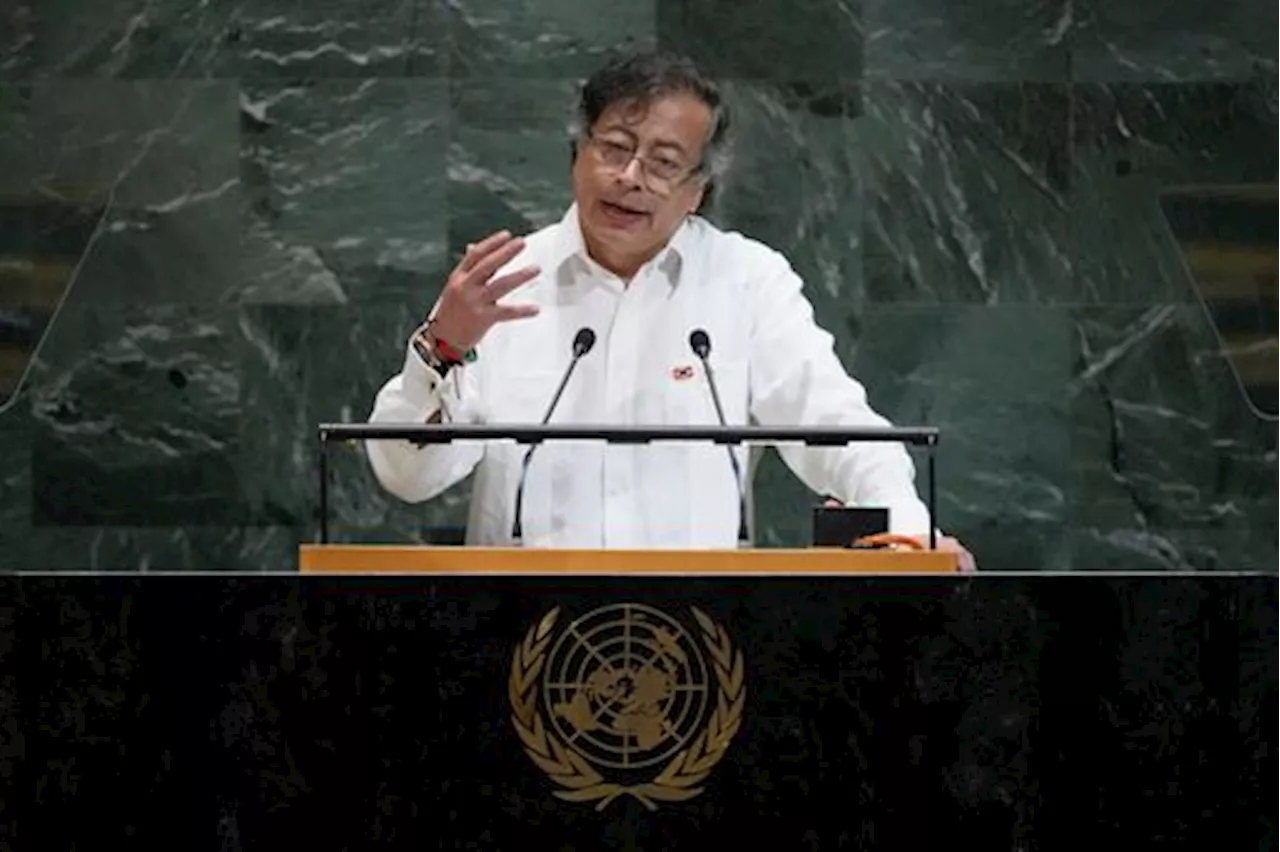The United States State Department has revoked the visa of Colombian President Gustavo Petro following his remarks during a protest in New York. Petro participated in a demonstration where he called on U.S. soldiers to disobey orders from former President Donald Trump. This decision has heightened diplomatic tensions between the U.S. and Colombia, a country with which it has maintained a historically close relationship.
The visa revocation aligns with a statement from the State Department, which described Petro’s actions as “reckless and incendiary.” This announcement was made public shortly after Petro’s appearance at a protest related to the ongoing conflict in Gaza. During this gathering, he urged American military personnel not to “point your rifles against humanity” and to reject Trump’s directives.
Diplomatic Strain and Petro’s Response
Petro returned to Colombia on September 30, 2023, adhering to a decree from earlier that month regarding delegation of powers during his absence. Upon his arrival, he disclosed on social media platform X that he had learned about the visa revocation at that time. The State Department has not clarified how this decision may influence Petro’s future visits to the United States.
In response to the revocation, Petro asserted his legal right to attend U.N. events, citing international law as a basis for immunity. He expressed indifference towards the punitive measure, noting that as a European citizen, he is not dependent on a visa for travel to the U.S.
The incident reflects ongoing friction between Petro and the Trump administration, particularly regarding U.S. policies on drug trafficking and the Israel-Hamas conflict. Colombia severed diplomatic ties with Israel last year, a decision that Petro has publicly justified by labeling Israel’s actions in Gaza as genocide.
Broader Implications for U.S.-Colombian Relations
Historically, Colombia has been a key ally to the United States in Latin America, especially in collaborative efforts to combat drug trafficking. However, relations have faced challenges under Petro’s presidency. Earlier this month, the U.S. criticized Colombia for inadequate cooperation in anti-narcotics initiatives, a rebuke that Petro found frustrating, given the sacrifices made by Colombian citizens in this ongoing fight.
In his speech at the U.N. General Assembly, Petro called for a criminal investigation into Trump and other U.S. officials involved in recent military operations in the Caribbean that targeted vessels allegedly transporting drugs. The White House has provided limited information regarding the legal frameworks applicable to these operations.
Petro’s administration has encountered tension with the U.S. previously, particularly when he resisted deportation flights involving American military aircraft. Trump’s administration responded with threats of increased tariffs and visa suspensions, which ultimately pressured Petro to relent.
As the situation unfolds, the diplomatic relationship between the United States and Colombia remains in a precarious state, with both nations navigating a landscape marked by complex political dynamics and differing perspectives on international issues.


